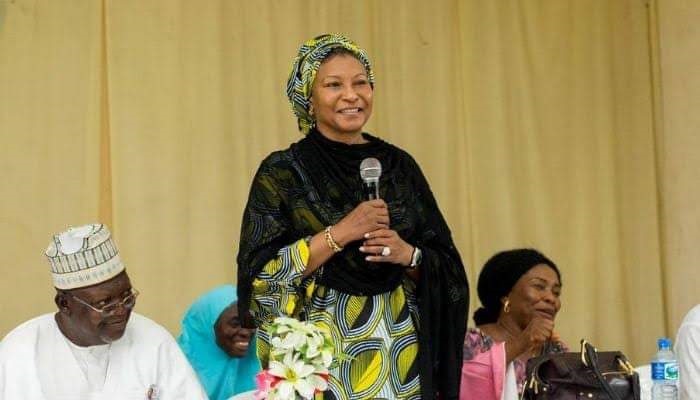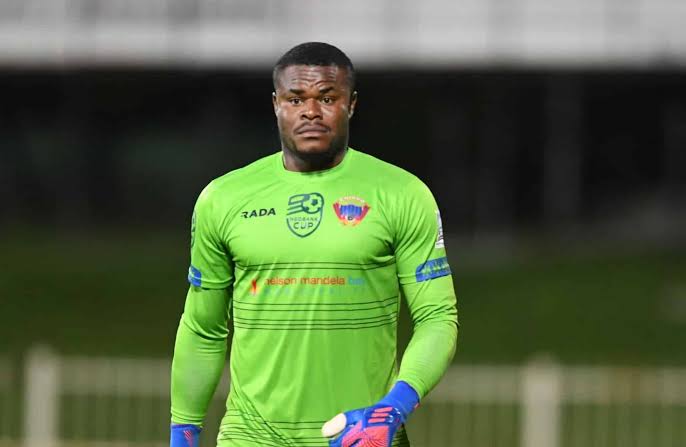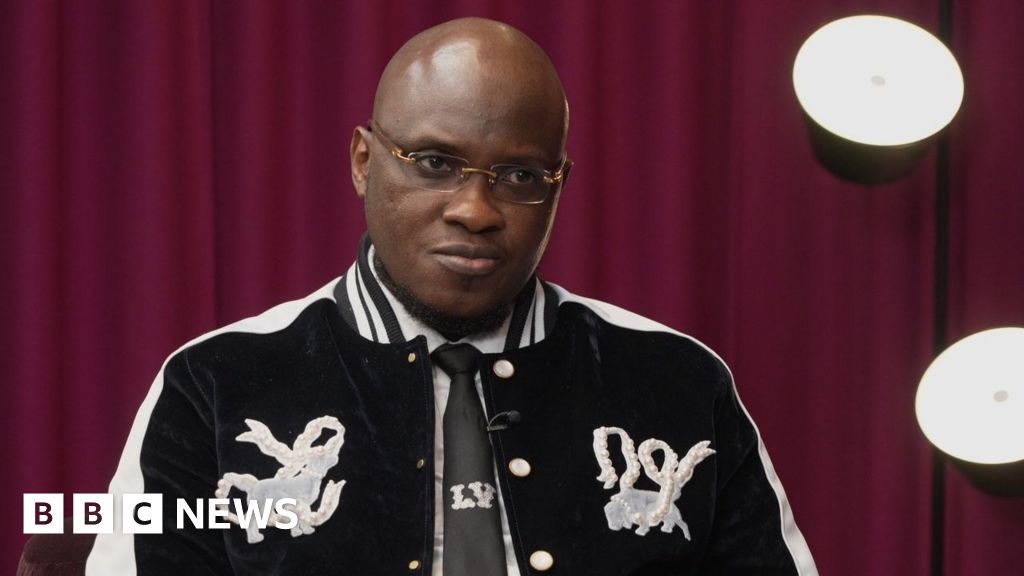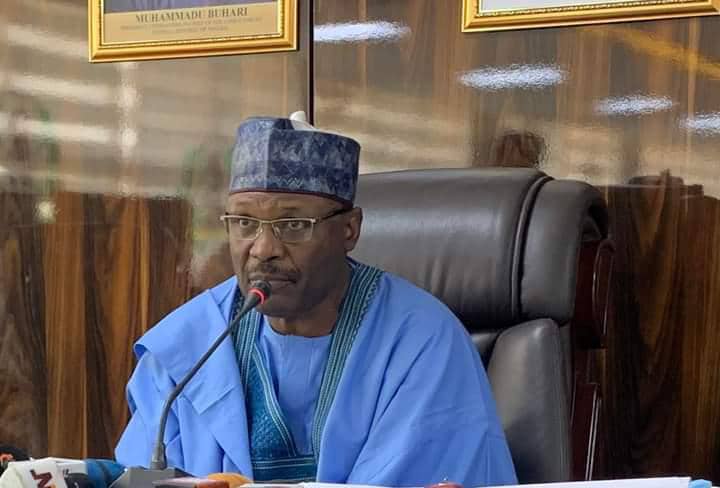Majority of Nigeria’s 36 states have agreed that states should have their own police, an official has said.
Governor Uba Sani of Kaduna disclosed this after the 146th National Economic Council (NEC) meeting presided over by Vice President Kashim Shettima on Thursday.
Central to the agenda of the meeting was the issue of state police which was also extensively discussed at the last NEC meeting in November.
After the last NEC meeting held in November, the Governor of Bayelsa State, Duoye Diri, told reporters at the State House that 33 states excluding Adamawa, Kebbi and Kwara have considered the creation of state police.
He also added that the Federal Capital Territory had not made its position known about the subject matter.
“The Council mandated these remaining states and the FCT to make their submissions within the next one week and resolved to present a consolidated state’s position on the state police to the National Economic Council at our next meeting,” he had said.
The new development
Briefing journalists at the State House after Thursday’s NEC meeting which seems to be the last for the year, the Kaduna State governor said, “virtually most of the states are in agreement with the establishment of state police in Nigeria.”
Nigerians need credible journalism. Help us report it.
Support journalism driven by facts, created by Nigerians for Nigerians. Our thorough, researched reporting relies on the support of readers like you.
Help us maintain free and accessible news for all with a small donation.
Every contribution guarantees that we can keep delivering important stories —no paywalls, just quality journalism.
However, the discussion was stepped down, Mr Sani disclosed, adding that further deliberation will continue at the next council meeting “because we need to come up with a report from the secretariat.”
“After the report, there will be deliberation at the next NEC meeting that is likely taking place in January,” he said. “And not only that, there’s also a resolution in the last NEC meeting, which today the Secretariat has also agreed on that there will be further stakeholder engagement after the panel and deliberation by the members of the NEC.”
Mr Sani belives many states agreed to the creation of state police because of the security challenges plaguing the country.
“Knowing fully well that we have a lot of ungoverned space in Nigeria, and also that we have a lot of deficit in terms of number of boots on ground, looking at the fact that a lot of security agencies, the police, the army and other relevant security agencies have no personnel to cover all the government space, that is the reason why most of us agreed that establishment of state police in Nigeria is the way forward toward addressing the problem insecurity in our own country,” he said.
Like Mr Sani stated, Nigeria is fighting various non-state actors across the country.
In the North-east, troops are fighting years-long insurgency by Boko Haram and its splinter groups, including the slamic State West Africa Province (ISWAP). The counter-insurgency war has claimed thousands of lives including military operatives. More than a million of people have been displaced by the conflict which has extended to countries in the Lake Chad region.
The spill over of the North-east insurgency has created a similar pattern of violence in North-central where fighters of Boko Haram have maintained a strong presence in places like Kurebe, Allawa and Bassa — all in Shiroro LGA of Niger State.
The region is also plagued by banditry, partly fuelled by the incessant conflict between farmers and herders, especially in places like Benue and Plateau states.
A resource-based conflict has also taken another dimension in the North-west which has become a breeding ground for grassroots violence mainly perpetrated by local terrorists known as bandits. More than 10 bandit groups operate in the region, killing and kidnapping people.
READ ALSO: The road to police reform through state policing in Nigeria, By Benson Olugbuo
The region is also experiencing another wave of terrorism which experts have blamed on on the influx of jihadists or collaboration between bandits and jihadists.
The South-east and South-south are also not left out. Armed separatists routinely attack security and government officials, as well as civilians.
All these have triggered the call for creation of state police in Nigeria.
However, critics say state police could be used by governors to oppress critics and opponents in their states.
If the NEC eventually declares support for state police, it would influence the National Assembly to pass laws for it.
Support PREMIUM TIMES' journalism of integrity and credibility
At Premium Times, we firmly believe in the importance of high-quality journalism. Recognizing that not everyone can afford costly news subscriptions, we are dedicated to delivering meticulously researched, fact-checked news that remains freely accessible to all.
Whether you turn to Premium Times for daily updates, in-depth investigations into pressing national issues, or entertaining trending stories, we value your readership.
It’s essential to acknowledge that news production incurs expenses, and we take pride in never placing our stories behind a prohibitive paywall.
Would you consider supporting us with a modest contribution on a monthly basis to help maintain our commitment to free, accessible news?
TEXT AD: Call Willie - +2348098788999

















 English (US) ·
English (US) ·